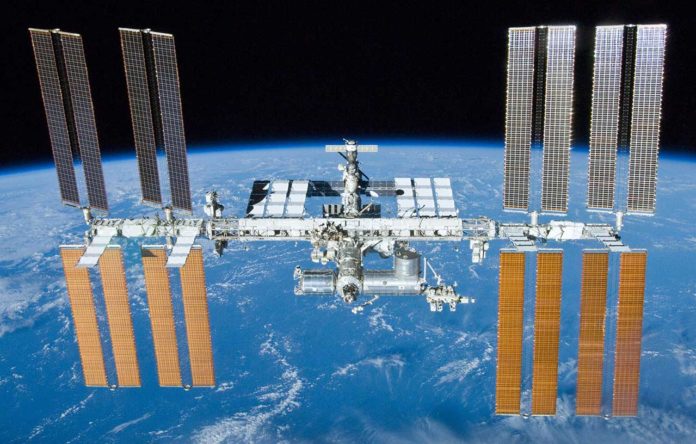The effect on the reproductive system and fertility of living in a space environment remains unclear. To test this, scientists examined male mice who spent more than a month in space aboard the International Space Station in specially designed cages. They found that the mice were able to reproduce back on Earth successfully.
However, some mice experience the weightlessness of microgravity, while others were in cages designed to offer artificial gravity.
After returning from the space, scientists used sperm from the mice to fertilize eggs from female mice who had not experienced space travel, and found the astronaut rodents produced healthy offspring.
Scientists also examined the reproductive organs of the space-traveling mice and checked their offspring for any signs that their parentage had negative impacts.
Scientists noted, “We conclude that short-term stays in outer space do not cause overt defects in the physiological function of male reproductive organs, sperm function, and offspring viability.”
Previous studies have looked at the effects of space travel on the reproductive systems of species, including sea urchins and birds. However, the new study is the first to examine the effects of space travel at the molecular level.
The examination is just a first foray, however, and doesn’t demonstrate how the reproductive systems of human—or indeed female mice—are influenced by space travel.
Scientists said that they would like to examine aspects including how space travel affects male reproductive hormone levels and gene expression in reproductive organs.
The study is published in the journal Scientific Reports.
